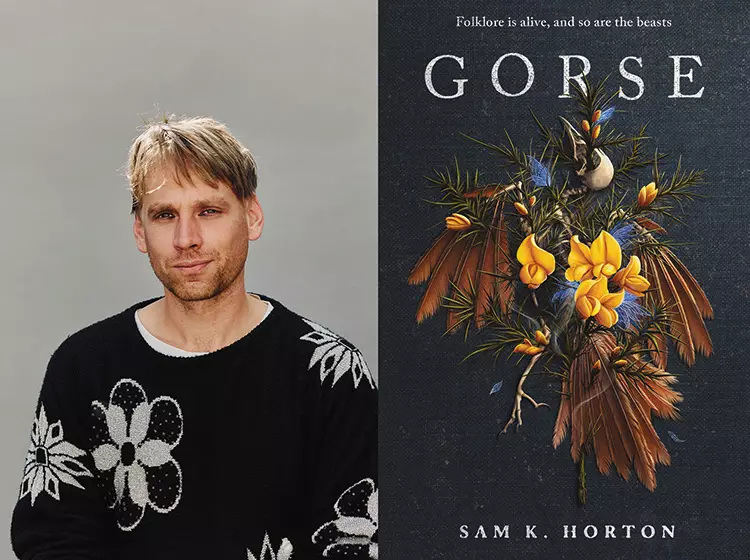The exploration of different realms—often depicted as the dark underbelly of reality—remains a compelling motif nestled deep within the heart of storytelling. My novel, “Gorse,” dives into this mystic territory, weaving themes of faith and Cornish folklore through the narrative of a katabasis, or a descent into the underworld. This journey underscores humanity’s continuous quest to uncover hidden truths behind the veil of existence. While it is said that the path to these other worlds can be navigated through various means, the recurring truth remains: such ventures are seldom kind and often yield grave consequences.
The allure of alternative realms is not isolated to one culture; rather, it permeates human history. From fairylands and realms of the deceased to those ethereal places that bend the laws of nature, the tales reveal a common narrative—venturing forth into the unknown can be both a tantalizing and treacherous endeavor. For instance, Sir Orfeo’s tale presents a lengthy and arduous journey into a fairy realm, where time operates differently, leaving him unrecognizable to his loved ones upon his return. This representation echoes a central theme in many folklore stories: the high price of time and transformation.
In comparison, we see Odysseus’s brief foray into the underworld, which was enabled by the witch Circe’s guidance. He performs a ritualistic summoning that calls forth the dead. Although this method offers the advantage of risk-free entries, it also casts a shadow of doubt on the authenticity of the experience. It feels less like a true journey and more of an opportunistic peek into death’s lair—a vague invitation rather than an impassioned call.
The Descent into Darkness
Tuonela, the Finnish and Estonian underworld, presents a harrowing journey where the living and the dead engage in maddening attempts to cross the river that separates their realms. The imagery of a black swan—the ingeniously cruel embodiment of sorrow—marks the desperate nature of life and the fatalistic themes that run through these tales. While defeating the swan may symbolize triumph, the overwhelming melancholy of its song presides over tales of defeat. The struggle to cross so many obstacles only to find the need to forsake one’s memory and identity creates an unsettling parallel to our existential fears.
The Welsh realm of Annwn offers another method that teeters between danger and desire. Access to this place hinges upon locating a hidden gateway leading underground, where one encounters both mesmerizing creatures and terrifying beasts. The possibility of acquiring a charming creature adds a whimsical touch to the otherwise terrifying prospect of combat against creatures meant to ward off intruders. It’s a duel not just for survival but a contest of worthiness; what value does one place on companionship or curiosity?
Cornish folklore bears its own sets of warnings, particularly concerning the temptations posed by the supernatural. The enticement of music and lights on moonlit moors often leads unsuspecting travelers into the realm of mischievous Piskies. These small, enchanting beings embody the paradox of allure and danger typical of folklore. Visiting faerie gatherings can invite unexpected consequences, as many a traveler has found themselves ensnared in the chaos of endless merriment, left only to reckon with the hollow aftermath.
These tales collectively carry a poignant reminder: encounters with the enigmatic are fraught with peril and potentially irreversible consequences. Whether it’s the fear of being lost to another world, exchanging your identity, or being overpowered by darker entities, these narratives compel both caution and obedience to the powers that lie beyond our awareness.
Concluding Thoughts
Through tales woven with threads of faith and despair, the journeys into these alternate realms reflect our ceaseless pursuit of deeper understanding. As seen through Sir Orfeo, Odysseus, and the haunted rivers of Tuonela, the paths to these worlds are fraught with trials and laden with heavy costs. Though such explorations ignite curiosity, they carry an inherent risk—echoing an age-old adage, “What lies beyond the veil may not always be meant for mortal eyes.” In venturing forth, one must tread lightly, forever aware of the uncharted abysses waiting to ensnare the unwary traveler.

